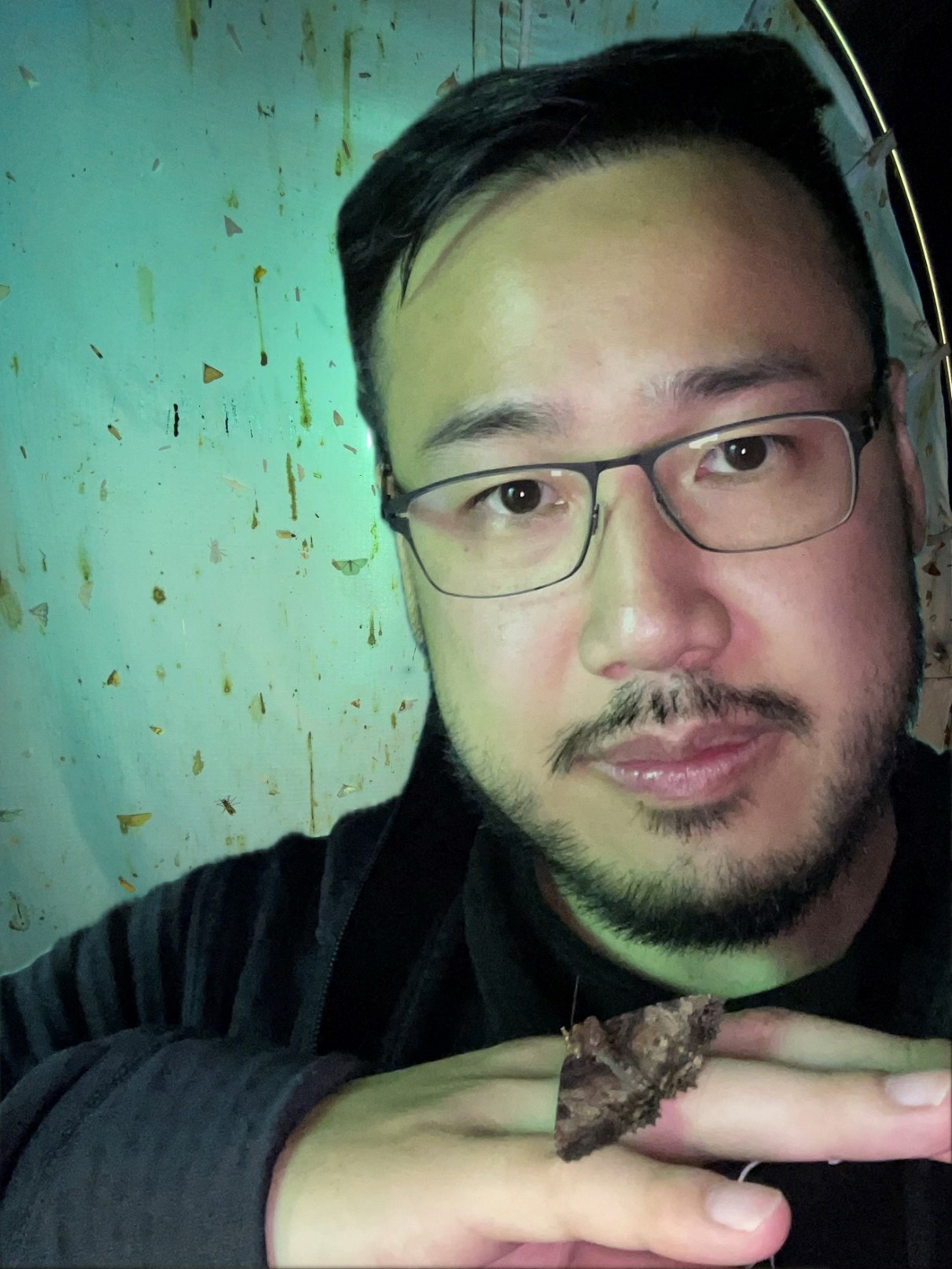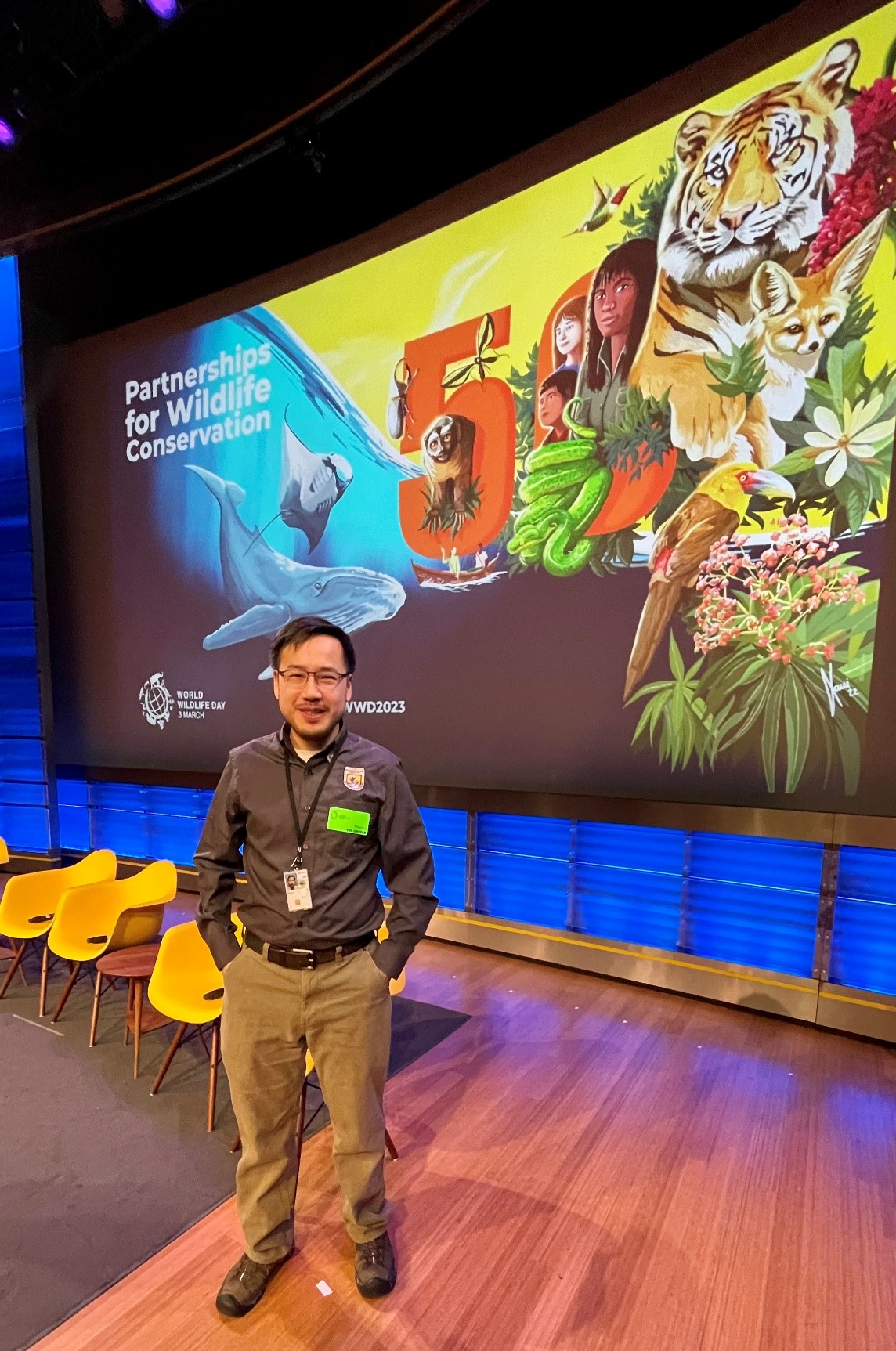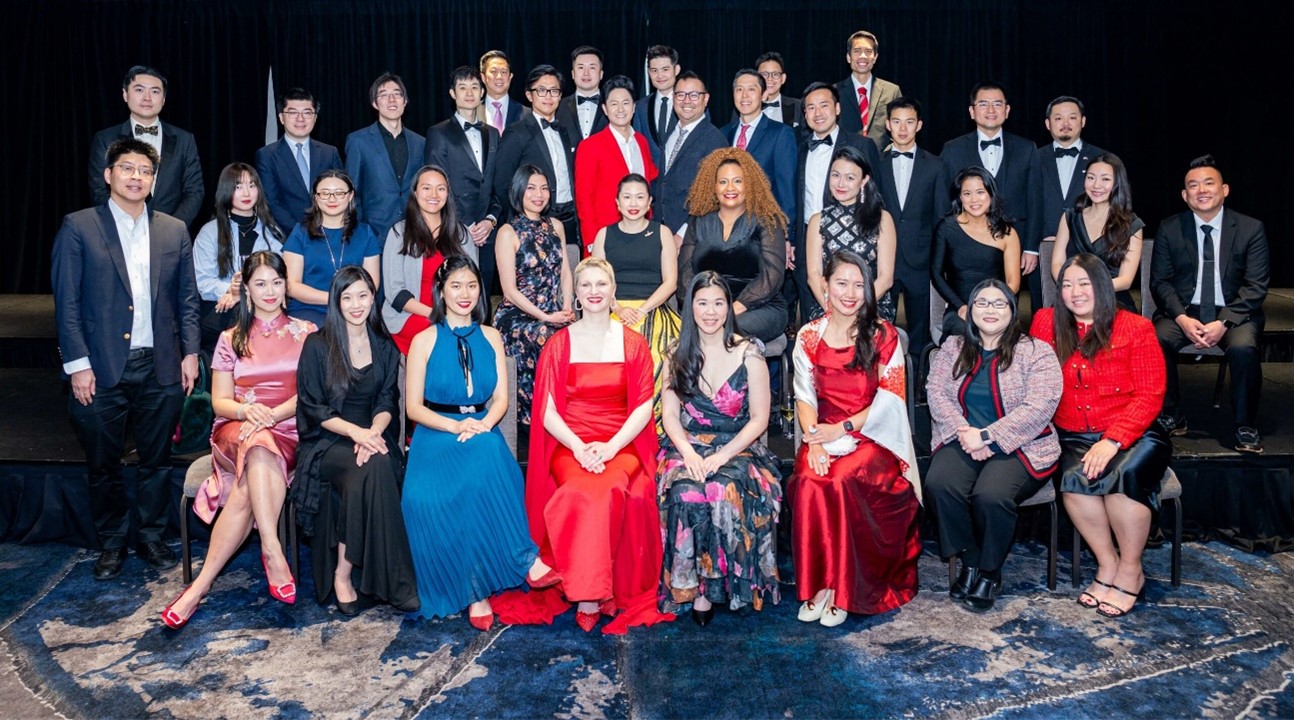Senior Permits Biologist, U.S. Fish and Wildlife Service’s (USFWS) International Affairs Program
Government Administration
Policymaking in niche areas such as conservation is often the toughest, requiring deep domain expertise but it can also be the most fulfilling—Philip Lu (MPP 2018), better known as Phil, would know.
Having dedicated his career to wildlife conservation, he has married his passion for wildlife with policy know-how in his conservation career. As a Senior Permits Biologist in the U.S. Fish and Wildlife Service’s (USFWS) International Affairs Programme, he contributes to the legality, sustainability and traceability of the global wildlife trade. Specifically, he administers wildlife trade under the Convention on International Trade in Endangered Species of Wild Fauna and Flora (CITES) and the Endangered Species Act (ESA), both of which are essential frameworks to the global effort to protect endangered species.
His motivation to embark on a career in conservation stemmed from the fact that biodiversity loss is now one of the most dangerous existential threats confronting our way of life. He speaks from first-hand experience as well—in his youth, he used to collect fireflies as a pastime, but over time, he began to observe the gradual loss of fireflies in his local neighbourhoods. For him, this is an immediate representation of the urgent threat which biodiversity loss poses to our world.
As a civil servant in a conservation agency, he sees it as his duty to serve as a steward of the global commons, increase public understanding of the natural world, and improve human-wildlife coexistence.
I wanted to use my policy training to shift the direction our planet is heading in.
“I want to continue to use my policy training to shift the direction our planet’s biosphere is heading in.”
 Phil with Daddala lucilla in front of a light trap in Malaysia
Phil with Daddala lucilla in front of a light trap in Malaysia
A Steward of the Global Commons
Beyond his current role, he previously advised the USFWS Assistant Director of International Affairs on America’s contributions to the global conservation community and has also taught environmental policy as a USFWS course instructor, sharing his knowledge and passion with others.
One of his most memorable experiences at USFWS was organizing the 50th anniversary of the CITES signing ceremony on behalf of the United States—the treaty is also known as the Washington Convention among conservation circles. Bringing together representatives from member states across the globe, the event was more than just a professional milestone for him. Not only did he find new like-minded colleagues, he was able to also find a sense of belonging. As he puts it, the event marked the first time that he had “felt a real, deep connection to the global policymaking community.”
 Organizing the 50th anniversary of CITES
Organizing the 50th anniversary of CITES
Joining Committee of 100’s Next Generation Leaders (NGL) Class of 2024
His professional achievements span beyond his commitment to public service and his dedication to wildlife conservation. In 2024, he was
selected to join Committee of 100 (C100)’s Next Generation Leaders (NGL) Class of 2024. He notes that one of his friends,
Francesco Fazzi (MPP 2019), is a remarkable finder of opportunities and encouraged him to apply. As the leading organisation representing Chinese Americans, C100 promotes civic engagement, public policy, arts, culture, and philanthropy through its membership network of prominent Chinese Americans in wide-ranging fields across the public, private and nonprofit sectors.
Being part of C100 has allowed him to focus on the most consequential bilateral relationship in the world—the US and China—as well as exploring America’s relationship with overseas Chinese via the lens of biodiversity. His interest in engaging with Asian biodiversity issues and overseas Chinese communities also formed part of his interest in furthering his studies at LKYSPP and his penchant for visiting Southeast Asia. The region is not only a biodiversity hotspot but also plays host to significant overseas Chinese communities.
 Phil (third row fourth from right) with fellow Committee of 100 Next Generation Leaders
Phil (third row fourth from right) with fellow Committee of 100 Next Generation Leaders
Lessons from LKYSPP: Bridging Policy and Conservation
He is also quick to credit his professional success to the training he received at LKYSPP. Two professors in particular, left a lasting impression on him: Professor
Leong Ching and Professor
Suzaina Kadir.
Professor Leong’s teachings were particularly influential in shaping his approach to environmental policy. One of the most impactful experiences was visiting the Asia Pacific Resources International Limited (APRIL) paper mill and plantations in Riau, Indonesia and engaging with the firm’s leadership team. Professor Leong encouraged the class to never shy away from asking them questions and challenging the implementation of their sustainable forest management policy as a conservation tool. A key takeaway from her that continues to influence him is that the most effective environmental policymaking is done when the best available science is applied in conjunction with reframing narratives.
Professor Kadir’s lessons on geopolitics also had a profound impact on him, informing in particular, his work with counterparts in fragile states. Many of these states are located in biodiversity hotspots and face significant challenges that complicate conservation efforts. Professor Kadir’s foundational lessons on state fragility helped him better grasp the idea of natural security in his work, the complex interplay between conservation and global security risks, such as natural resource depletion, disease transmission from wildlife to humans, and organized crime in wildlife trafficking, many of which are exacerbated in fragile states.
Advice for Aspiring Conservationists
For fellow conservationists looking to follow in his footsteps, he offers valuable advice. He encourages students and fellow alumni to engage with LKYSPP’s Institute for Environment and Sustainability (IES) at LKYSPP, particularly its biodiversity and land use thematic area.
During a recent speaking engagement at Professor
Ben Cashore’s environmental policy course alongside Professors Shawn Lum, Tommy Koh, and Lye Lin-Heng, he was heartened by the calibre of questions being asked by the students, which touched on pertinent topics such as the future developments of wildlife-related international environmental agreements.
Optimistic about the next generation of environmental policymaker, he is confident that the policy training offered by LKYSPP will equip his juniors with the tools they need to tackle the complex challenges of conservation. He further advises that possessing skills in statistics, as well as a developed sense of scientific literacy will prove useful for anyone aspiring towards a career in conservation policy.
“I expect many of them to return to their home countries with comprehensive policy training that I am proud to say I was given during my time at LKYSPP,” he says.
In all, his journey of professional growth and development bears testament to the value of policy know-how in driving meaningful change at the national and global scale.
“I’m only one person, but making an impact in conservation is what my calling in life is. The point of my policy training is to use my skills for this most fundamental of common goods, biodiversity.”